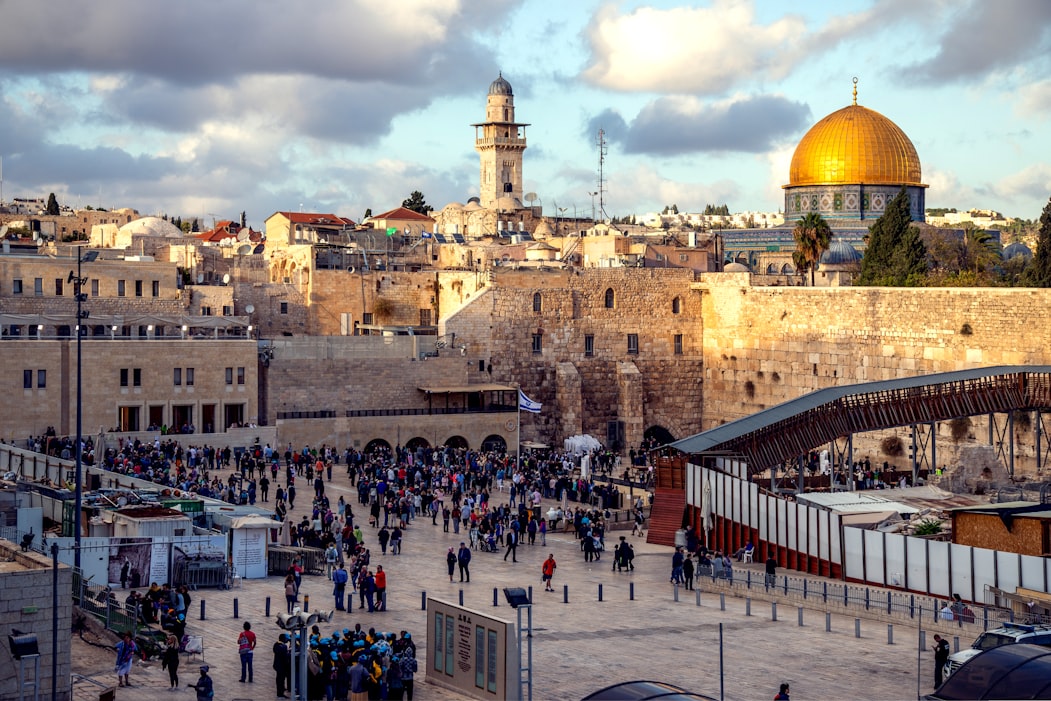Historical background
Iran and Israel the two middle-eastern, although not neighboring countries, have shared culture and allegiance that dates back to the Biblical times. The land of Persia, or what we now know as Iran, provided refuge to Jewish people and their culture for many a centuries.
Pahlavi Dynasty, the last of the Iranian royal dynasties, ruled Iran for about fifty four years. Throughout their reign, from late 1925 till 1979, both the countries maintained a strong alliance on numerous levels, regarding various matters.
Despite certain hiccups, like Iran’s voting against the partition of Palestine under the UN Partition Plan for Palestine and also voting against Israel’s admission to the United Nations as its member, the countries remained in support of one another.
The Pahlavi Dynasty was a Constitutional Monarchy with a Pro-Western school of thought, aligned with the US and the Western Bloc. The secular ideals of Iranian leaders strengthened their friendship with the ally country.
The Iran-Israel Relationship in the Early Years
As all other oil-rich countries denied to supply oil to Israel, Iran remained the only one to step up for the providing the natural resource.
Iran was also the second Muslim country to recognize the sovereign status of Israel, after Turkey, in 1950. It provided a major international market for Israel’s exports of goods and services.
On the other hand, Iran, via its support to Israel, sought shelter under the United States of America to protect itself from the dominance of Soviet Union, which was already working with its rival nation, Iraq. Both, Iran and Israel found affiliation as allies of the US during the Cold War.
A Fresh Series of Tensions in Iran
As this friendship flourished with the establishment of a Hebrew-language school in Tehran, the capital city of Iran, in the ’60s and ’70s for the children of Israeli residents, the drift between the secular and Islamic groups began to grow. Islamic clerics started preaching about the abysmal and continually deteriorating state of the country due to interference of the Israelis.
In 1963, the Shah, Mohammad Raza Pahlavi launched a series of reforms as a leap towards prosperity and modernization, known as the White Revolution. An additional goal of the Revolution was to weaken those who supported the traditional system.
It forced Ayatollah Khomeini into exile after his arrest in 1964. What Shah had not foreseen was that it would mark the beginning of new social tensions and political canons, directed against him, while clearing path for the Islamic Revolution.
In 1979, the Shah and monarchy was overthrown by religious extroverts in a coup. Various Islamist and leftist organizations and student movements participated in word and action.
A new Islamic republic, with the Grand Ayatollah Ruhollah Khomeini as the sovereign was established in its place. He was the leader of one of the factions in the revolt. This came to be known as the Iranian Revolution. This governmental change has drifted the two countries apart.
A Visible Chasm in the Relationship
There was a change in the leadership and they fostered different philosophies; on February 18, 1979, the diplomatic ties with Israel were severed. The new leaders called the influence of Israelis and their invasion in the economy a threat to the faith of fellow Muslim Iranians.
They continue to believe that Israel should be eliminated from the map as it is surviving on a Muslim land, illegitimately procured.
The Israeli Embassy which had been forsaken during the revolution was turned into an office of the Palestine Liberation Organisation to demean Israel further. Israel has, ever since then, considered Iran a threat. It had globally expressed its concern that Iran should be stopped from procuring nuclear weapons.
It held a press conference to urge to the United States to withdraw from the 2015 nuclear accord with Iran.
A rhetoric clash among the nations has been constant, with the Islamic regime being called “more dangerous than Hitler” and the then Iranian President Mahmoud Ahmadinejad calling for Israel’s “annihilation” and denying the Holocaust.
How the Iranian Government Acted Against Israel
Although initially Israel did not involve itself in the Syrian Civil War, Iran backed the Syrian government and supplied thousands of military advisors and fighters to it.
Israel believes Iran is strengthening its base in Syria to threaten it and get potentially closer to their international border. Israel then launched missile attacks on Iranian targets in Syria as an action of defense.
The tension is not restricted to Syria, it is well known that Iran has backed groups, like Hezbollah in Lebanon and Palestinian militant organisation Hamas, that have their targets on Israel for a long time. Israel presses its concern that Iran is secretly sending weapons to Lebanon, a fellow Shi’ite state, neighbour to Israel and a threat to it.
There has been no direct war between the countries, but if it happens, it will cause colossal destruction. Both the countries have heavy arms and forces and allies to back them.
These tensions seem to be upsurging, violent acts of sabotage and rivalry have become more intense in the previous few months. The cause being bold embarkments by Iran on Israel and its linked assets.
A drone strike on the Israeli owned company’s Mercer Street oil tanker, which killed two people, near Oman the previous month is just one of the many examples.
19 rockets were fired by the Iranian proxy, Hezbollah, in northern Israel the previous week. The basis of these attacks seems as an attempt to establish an upper hand in the matter of nuclear weapon negotiation.
While some observers believe these attacks are majorly aimed to establish Iran’s dominance in the middle east, no conclusive proof can be gathered to fully prove either of the two theories.
Israel's concern, at this point, remains its safety and defence. On the basis of above accounts, Israeli Minister of Defence, Benny Gantz, has treated its rival with counter military action.
Written by - Prabhdeep Kaur
Edited by - Isha Singh













0 Comments